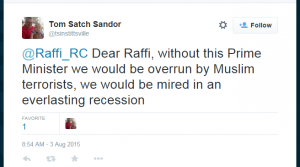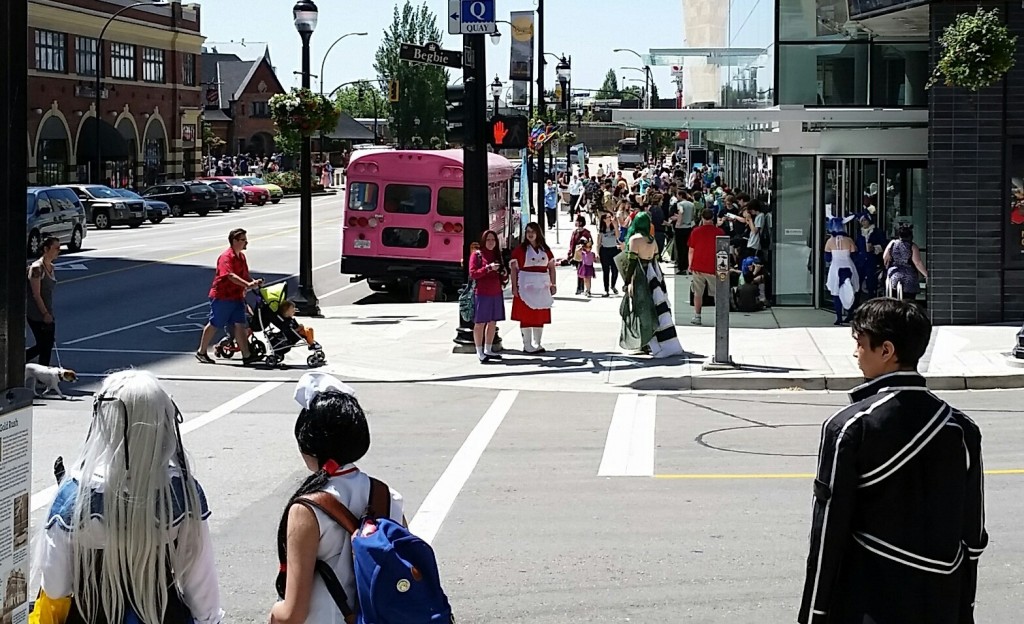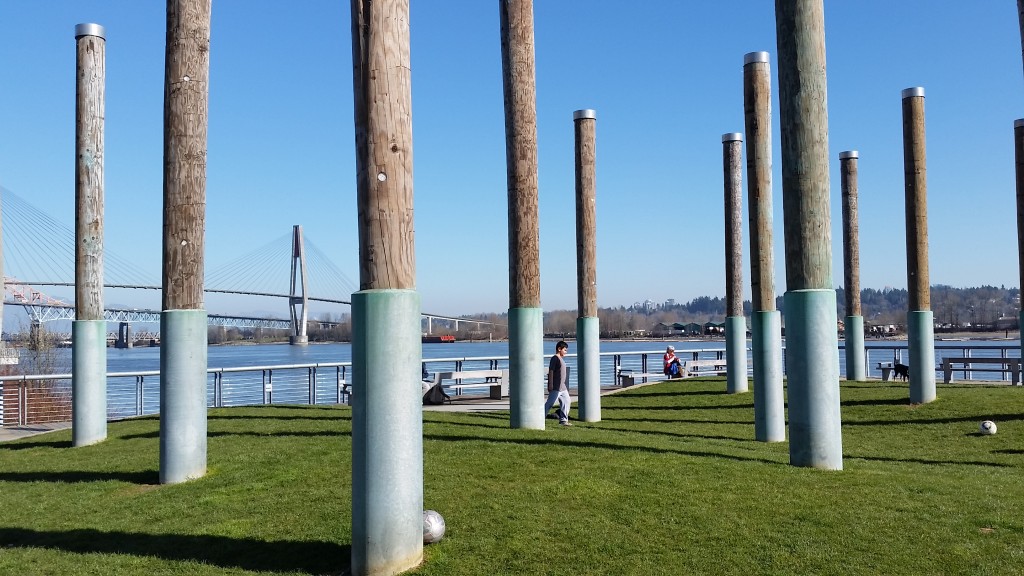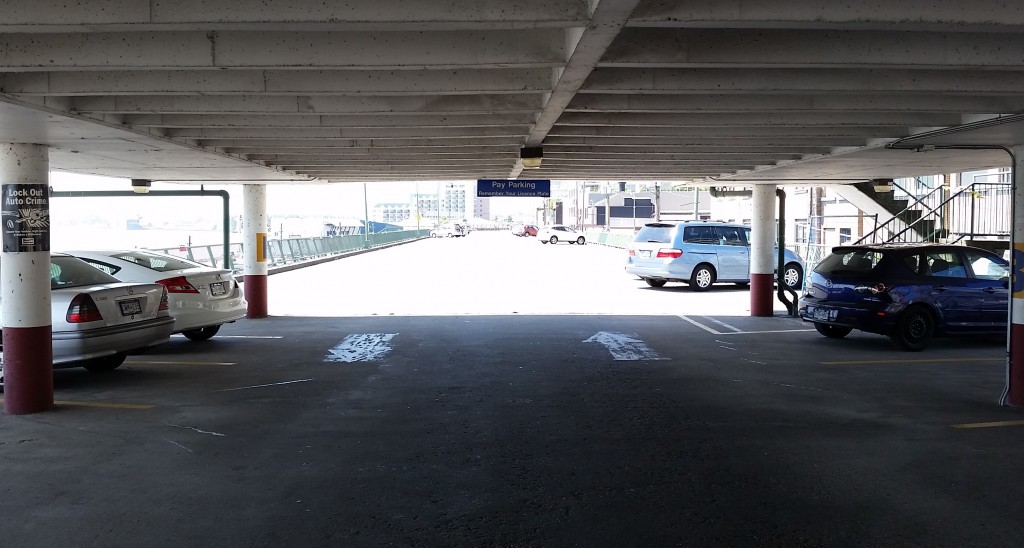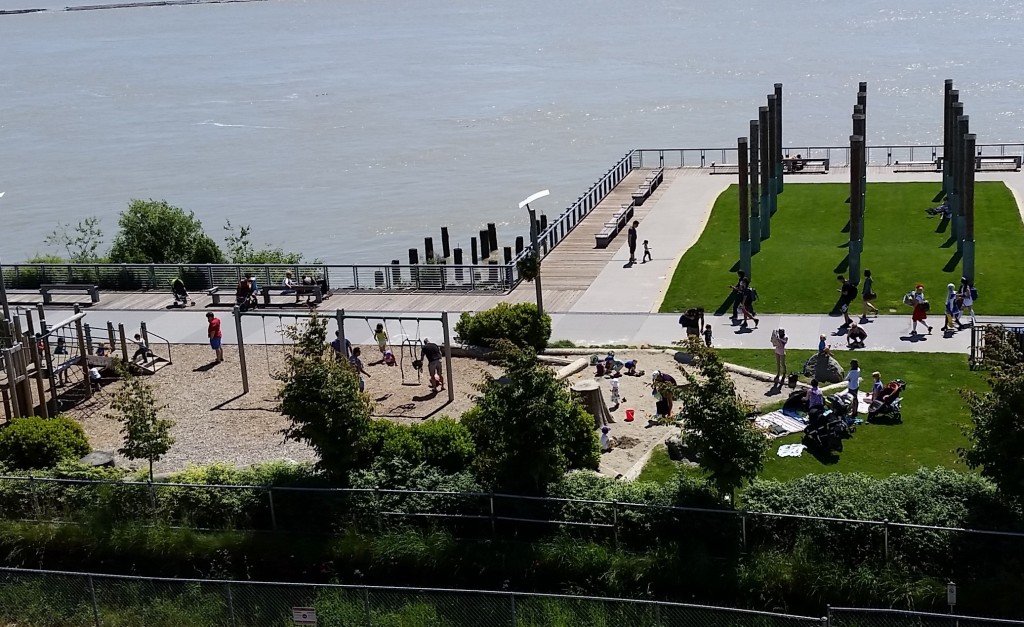I am just back from Vacation, and I am still trying to understand where the Royal City New West Record newspaper is coming from when they emphasize an alleged clash between the “New” and “Old” communities in New Westminster as their Story of the Year. Perhaps I am being obtuse, but it seems to evoke the divisiveness of the Old Stock Canadians dog-whistle message quoted in the article’s lead, and I simply disagree with the premise.
To suggest that “younger folks and families” filling new condos are somehow different than families living in houses is not only a false dichotomy, it creates an impression that one is better or more important than the other, and that somehow people (especially, as continually suggested in the story, the City’s government) are picking sides. It belies the reality of how mixed and diverse our City is, and how much blending there is in those two alleged camps.
I’m a resident of Brow of the Hill, not born in New West, but feeling very connected to this community I live in a house across the street from numerous apartments built in the 60s and 70s, predominantly full of renters, some more connected to the community as I, some less. On one side of my house is a family of “younger folks” who moved in at the end of 2015 after a decade of living in Vancouver, although one of them grew up in Queens Park and graduated from NWSS – are they “Old” or “New” New West? What about the retired couple across from me, one of whom was born in the BC Interior (like me) but had a career working for the City of New Westminster? I have friends who live in a condo on the Quay that has a demographic not far from your typical retirement village, I know young families filing more-affordable single-family homes in Queesnborough, some second-generation Canadians who first learned English at Queen Elizabeth Elementary, others the children of families that built Queensborough generations ago. Who has the hubris to draw the line between “New” and “Old” New West within this mix? Why would we want to?
Because between “New” and “Old” New West is a huge and growing number of “Middle Age” New West, those who have been here for a few years, or a few decades, and despite having not been born here, they have put down roots and are making New Westminster home. And they are raising a new generation of New West. At the the suggestion of conflict, most would say we are all New Westminster, whether our grandfather was born here, or we arrived as a refugee last week.
Our success as a community will be found in supporting each other, and embracing the diversity of our community. As the great Jane Jacobs reminds us in her treatise on vibrant neighbourhoods and cities, a diversity of people, families, buildings and activities are what create an economically viable and culturally sustainable community. Only that will make us strong enough to withstand threats external or internal, and avoid the stagnation that too often follows on the heels of urbanization. Just as we cannot stop innovating, we cannot throw away what is established, we need to make them work together.
So if building a great community means accepting all types of people sharing and working together, and if the line between “New” and “Old” is so fuzzy, what is to be served by trying to insert arbitrary lines, creating arbitrary categories, and watching for reasons for them to fight?
This ambiguity extends to the idea that there is some sort of fundamental transition happening in New Westminster today, or that suddenly the town that time forgot is being trust into a new era. The reality is that (for lack of a better word) “change” has always defined New Westminster as much as stability. Over 150 years we have gone from a Quayqayt (“Resting Place”) on a pristine river to a Capital City on the edge of the colony. We were at times largest port on the west coast, the home of the pacific fishing fleet and a regional commercial centre. We were eventually outshone by an upstart western suburb, then gradually enveloped by its growing metropolis. Over time our commercial dominance waned, then our waterfront industry declined. Soon the Quayside led a new residential focus based on waterfront location and condo living, while our transportation spine went from streetcar to automobile to Skytrain. There were good times and bad, and most of the time there was a little of both. These changes were most often gradual, shifts were generational, as were the waves of new immigrants putting their cultural stamp on our community – English, Chinese, Punjabi, Filipino, Honduran, Somali, Syrian…
Through all those times, transitions, and shifts, which should we stamp as the optimum, the one we must not move away from? I know I can’t make that call, and it would suggest it is silly to try. Because over that time all of our strongly-held traditions have adapted – including the oft-cited example of May Day. A couple of years ago I wrote a blog post about a study that outlined many of these “transitions”, including the way May Day and the festivals around it have changed, sometimes back and forth, based on the economics and attitudes of the day. Most interesting to me was the part that talked about a new upstart group of young business leaders who came in 40 years ago and re-drew a bunch of traditions to modernize the City’s May festivals – the group that came to be known as the Hyack Festival Association.
I only use this as an example, and don’t want to dwell on it, for fear I am playing into the narrative that I don’t believe.
Far from suddenly transitioning to a New New Westminster, we are continuing to evolve. I love some of New Westminster’s “Old” traditions (the Anvil Battery Salute? Who can’t love that?) and am completely uninterested in some others. I also love some (not all!) of the “New” traditions being developed (PechaKucha Nights!) and hope they survive to the next generation. Of course, in between there have been many Traditions that have come and gone, and some in that intermediate stage between “Old” and “New”. Some people like the RC Musical Theatre, some like the Symphony, some like comedy at the Columbia and live music at the Heritage. I think the Royal City Curling Club is a 50-year cultural and sporting tradition in the City that not enough people appreciate, but to love it doesn’t take away from the legacy of the Salmonbellies. Why do we have to choose and put ourselves in camps?
We are all New Westminster. So let’s keep embracing the things we love, and not be afraid to try new flavours. Because it is the combination of “New” and “Old” that makes us special, not an alleged conflict between them.
